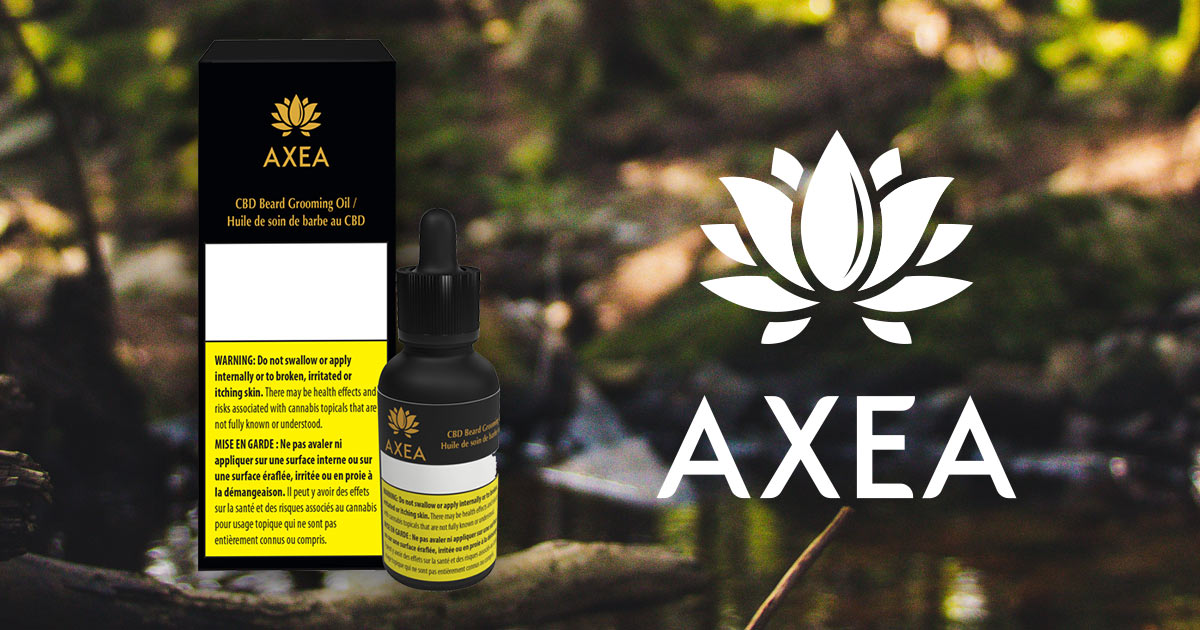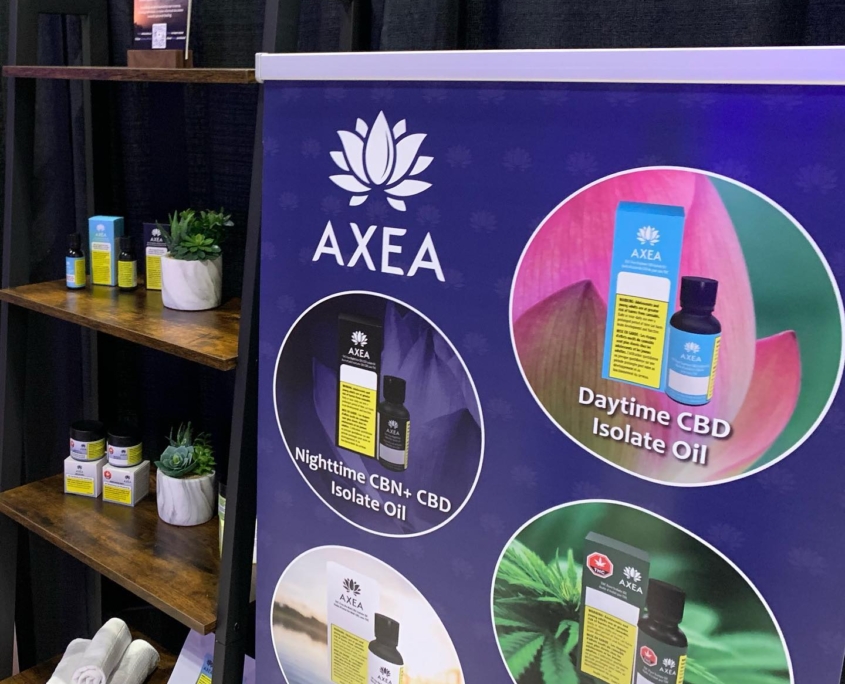The endogenous cannabinoid system, named after the plant that led to its discovery, is perhaps the most important physiologic system involved in establishing and maintaining human health. Endocannabinoids and their receptors are found throughout the body: in the brain, organs, connective tissues, glands, and immune cells. In each tissue, the cannabinoid system performs different tasks, but the goal is always the same: homeostasis, the maintenance of a stable internal environment despite fluctuations in the external environment.
Cannabinoids promote homeostasis at every level of biological life, from the sub-cellular, to the organism, and perhaps to the community and beyond. Here is one example: autophagy, a process in which a cell sequesters part of its contents to be self-digested and recycled, is mediated by the cannabinoid system. While this process keeps normal cells alive, allowing them to maintain a balance between the synthesis, degradation, and subsequent recycling of cellular products, it has a deadly effect on malignant tumor cells, causing them to consume themselves in a programmed cellular suicide. The death of cancer cells, of course, promotes homeostasis and survival at the level of the entire organism.
Endocannabinoids and cannabinoids are also found at the intersection of the body’s various systems, allowing communication and coordination between different cell types. At the site of an injury, for example, cannabinoids can be found decreasing the release of activators and sensitizers from the injured tissue, stabilizing the nerve cell to prevent excessive firing, and calming nearby immune cells to prevent release of pro-inflammatory substances. Three different mechanisms of action on three different cell types for a single purpose: minimize the pain and damage caused by the injury.
The endocannabinoid system, with its complex actions in our immune system, nervous system, and all the body’s organs, is literally a bridge between body and mind. By understanding this system, we begin to see a mechanism that explains how states of consciousness can promote health or disease.
In addition to regulating our internal and cellular homeostasis, cannabinoids influence a person’s relationship with the external environment. Socially, the administration of cannabinoids clearly alters human behavior, often promoting sharing, humor, and creativity. By mediating neurogenesis, neuronal plasticity, and learning, cannabinoids may directly influence a person’s open-mindedness and ability to move beyond limiting patterns of thought and behavior from past situations. Reformatting these old patterns is an essential part of health in our quickly changing environment.
What Are Cannabinoid Receptors?
Sea squirts, tiny nematodes, and all vertebrate species share the endocannabinoid system as an essential part of life and adaptation to environmental changes. By comparing the genetics of cannabinoid receptors in different species, scientists estimate that the endocannabinoid system evolved in primitive animals over 600 million years ago.
While it may seem we know a lot about cannabinoids. Large gaps likely exist in our current understanding, and the complexity of interactions between various cannabinoids, cell types, systems and individual organisms’ challenges scientists to think about physiology and health in new ways. The following brief overview summarizes what we do know.
Cannabinoid receptors are present throughout the body, embedded in cell membranes, and are believed to be more numerous than any other receptor system. When cannabinoid receptors are stimulated, a variety of physiologic processes ensue. Researchers have identified two cannabinoid receptors: CB1, predominantly present in the nervous system, connective tissues, gonads, glands, and organs; and CB2, predominantly found in the immune system and its associated structures. Many tissues contain both CB1 and CB2 receptors, each linked to a different action. Researchers speculate there may be a third cannabinoid receptor waiting to be discovered.
Endocannabinoids are the substances our bodies naturally make to stimulate these receptors. The two most well understood of these molecules are called anandamide and 2-arachidonoylglycerol (2-AG). They are synthesized on-demand from cell membrane arachidonic acid derivatives, have a local effect and short half-life before being degraded by the enzymes fatty acid amide hydrolase (FAAH) and monoacylglycerol lipase (MAGL).
Phyto cannabinoids are plant substances that stimulate cannabinoid receptors. Delta-9-tetrahydrocannabinol, or THC, is the most psychoactive and certainly the most famous of these substances, but other cannabinoids such as cannabidiol (CBD) and cannabinol (CBN) are gaining the interest of researchers due to a variety of healing properties. Most Phyto cannabinoids have been isolated from cannabis sativa, but other medical herbs, such as echinacea purpura, have been found to contain non-psychoactive cannabinoids as well.
Interestingly, the cannabis plant also uses THC and other cannabinoids to promote its own health and prevent disease. Cannabinoids have antioxidant properties that protect the leaves and flowering structures from ultraviolet radiation – cannabinoids neutralize the harmful free radicals generated by UV rays, protecting the cells. In humans, free radicals cause aging, cancer, and impaired healing. Antioxidants found in plants have long been promoted as natural supplements to prevent free radical harm.
Cannabis, The Endocannabinoid System, And Good Health
As we continue to sort through the emerging science of cannabis and cannabinoids, one thing remains clear: a functional cannabinoid system is essential for health. From embryonic implantation on the wall of our mother’s uterus, to nursing and growth, to responding to injuries, endocannabinoids help us survive in a quickly changing and increasingly hostile environment. Can an individual enhance his/her cannabinoid system by taking supplemental cannabis? Beyond treating symptoms, beyond even curing disease, can cannabis help us prevent disease and promote health by stimulating an ancient system that is hard-wired into all of us? Research has shown that small doses of cannabinoids from cannabis can signal the body to make more endocannabinoids and build more cannabinoid receptors. Therefore many first-time cannabis users don’t feel an effect, but by their second or third time using the herb they have built more cannabinoid receptors and are ready to respond. More receptors increase a person’s sensitivity to cannabinoids; smaller doses have larger effects, and the individual has an enhanced baseline of endocannabinoid activity. Regular doses of cannabis might act as a tonic to our most central physiologic healing system.
Many physicians cringe at the thought of recommending a botanical substance and are outright mortified by the idea of smoking a medicine. Our medical system is more comfortable with single, isolated substances that can be swallowed or injected. Unfortunately, this model significantly limits the therapeutic potential of cannabinoids.
Unlike synthetic derivatives, herbal cannabis may contain over one hundred different cannabinoids. Scientific inquiry and patient testimonials both indicate that herbal cannabis has superior medical qualities over synthetic cannabinoids.
In 1902 Thomas Edison said, “There were never so many able, active minds at work on the problems of disease as now, and all their discoveries are tending toward the simple truth that you can’t improve on nature.” Cannabinoid research has proven this statement is still valid.
So, is it possible that medical cannabis could be the most useful remedy to treat the widest variety of human diseases and conditions, a component of preventative healthcare, and an adaptive support in our increasingly toxic, carcinogenic environment? We at AXEA believe yes. This was well known to the indigenous medical systems of ancient India, China, and Tibet, and as you will find in this report, is becoming increasingly well known by Western science. Of course, we need more human-based research studying the effectiveness of cannabis, but the evidence base is already large and growing constantly, despite efforts to discourage cannabis-related research.
This is changing, in part because the public is demanding it. People want safe, natural and inexpensive treatments that stimulate our bodies’ ability to self-heal and help our population improve its quality of life. Medical cannabis is one such solution. This summary is an excellent tool for spreading the knowledge and helping to educate patients and healthcare providers on the scientific evidence behind the medical use of cannabis and cannabinoids.


















